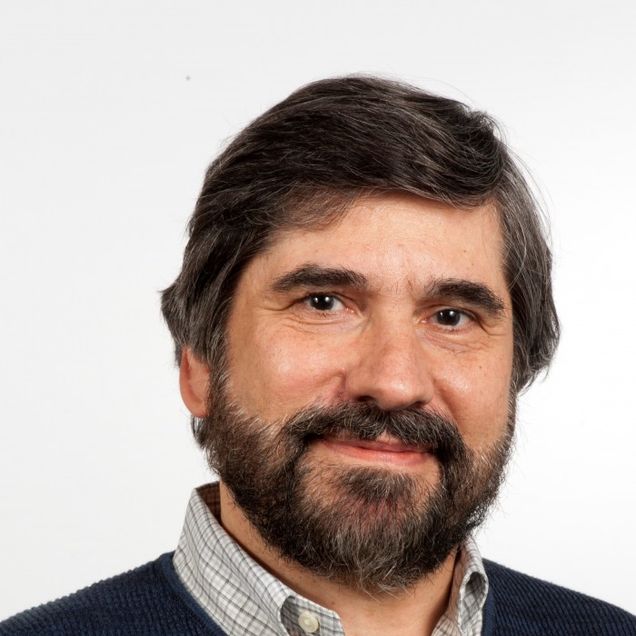Smart Technology: Open Source and Equitable
Faculty Spotlight: Christos Cassandras

Between 2012 and 2017, the number of car accidents in Boston rose by 33%. Depending on the year, 25% to 31% of all reported accidents in Boston resulted in non-fatal injuries. Christos Cassandras, a distinguished professor of engineering and head of the division of systems engineering, is working to mitigate this issue through smart technology. By implementing cooperative autonomous vehicles, which can communicate with each other, he aims to improve safety, congestion, and energy consumption.
Cassandras has deep experience in advancing understanding and new technologies for smart cities through the control and optimization of systems. His areas of interest include multi-agent systems, autonomous systems, and cooperative control.

“Within Systems Engineering we look at systems on both the individual level and as a part of a bigger network,” explains Cassandras. “My work focuses on large systems (sometimes referred to as “systems of systems”) with many dynamic agents, like cars and robots, moving together. I look at how to coordinate these agents so that they cooperate in order to meet specific system-wide objectives.”
In many such systems, these agents are competing against each other for a common resource, like cars competing for space on the road. Cassandras’ research focuses on the principle that it is more efficient for agents to cooperate than compete and that cooperation results in a more socially optimal equilibrium.
“If you have ever been stuck at a red light when there is no traffic, you might have thought about why the light doesn’t just switch to green because the competing road is empty,” says Cassandras. “This technology exists, using cameras to detect when cars are present or not, but it has not yet been widely adopted. In Veberöd, Sweden, we’re developing a platform that will act as a digital twin of the town so that we can demonstrate how the traffic lights work. Then, we’re going to begin implementing the lights in the real town.”
The open source nature of the project is a new phenomenon promoting collaboration between researchers instead of keeping everything confidential. The platform will enable researchers to work together on this problem and study topics regarding smart cities, like mobility and sustainability.
“The nature of open source software for this project is that we’re not trying to implement smart traffic lights in only Veberöd,” Cassandras explains. “We’re developing the solution so that once it is proven in Veberöd, it can be transferred to New York, Boston, or any other city in the world. The concept of open source is becoming more widespread because it promotes sharing and building off of each other’s ideas.”
In addition to this project, Cassandras is also working with researchers from the University of Delaware and Massachusetts Institute of Technology on a grant titled “An Online Learning Framework for Socially Emerging Mixed Mobility” from the National Science Foundation to analyze equity access in mobility. The goal of the project is to develop a socially-optimal mobility system, defined by its efficiency, equity in transportation, and rebound effects, which are the ripple effects of the system on society.
People that don’t have access to new technologies are left at a disadvantage and this inequity exists throughout the United States and the world. As smart technology begins to be implemented in cities, Cassandras’ research on equity will contribute to making the technology accessible to everyone.
Christos Cassandras has received several awards including the 2011 IEEE Control Systems Technology Award, the Distinguished Member Award of the IEEE Control Systems Society (2006), and a 2011 prize and a 2014 prize for the IBM/IEEE Smarter Planet Challenge competition. He was Editor-in-Chief of the IEEE Transactions on Automatic Control from 1998 through 2009 and was the 2012 President of the IEEE Control Systems Society (CSS).